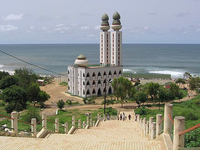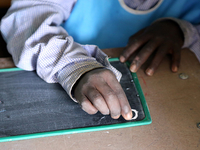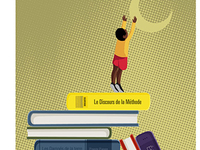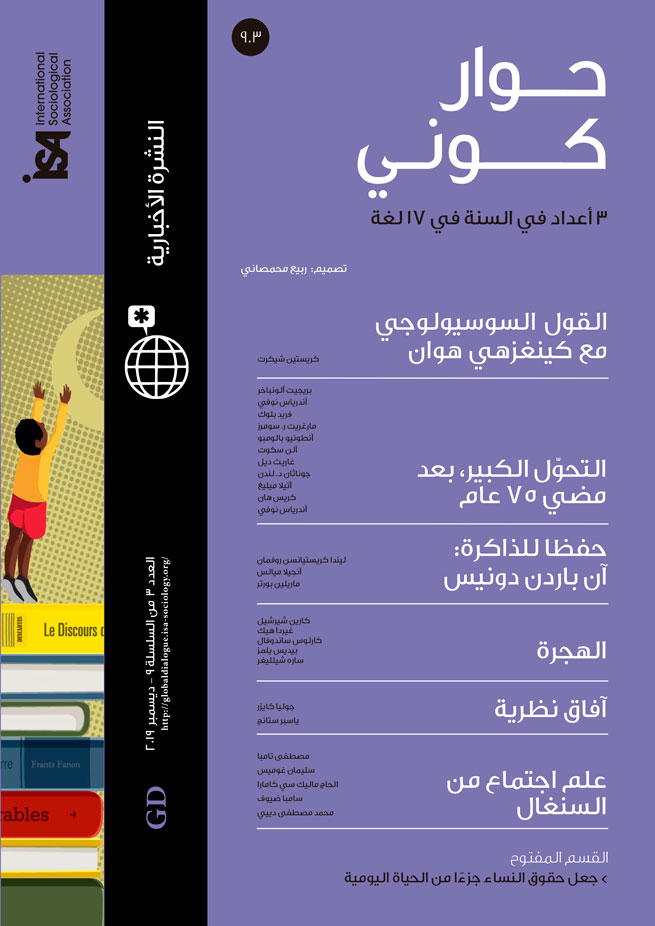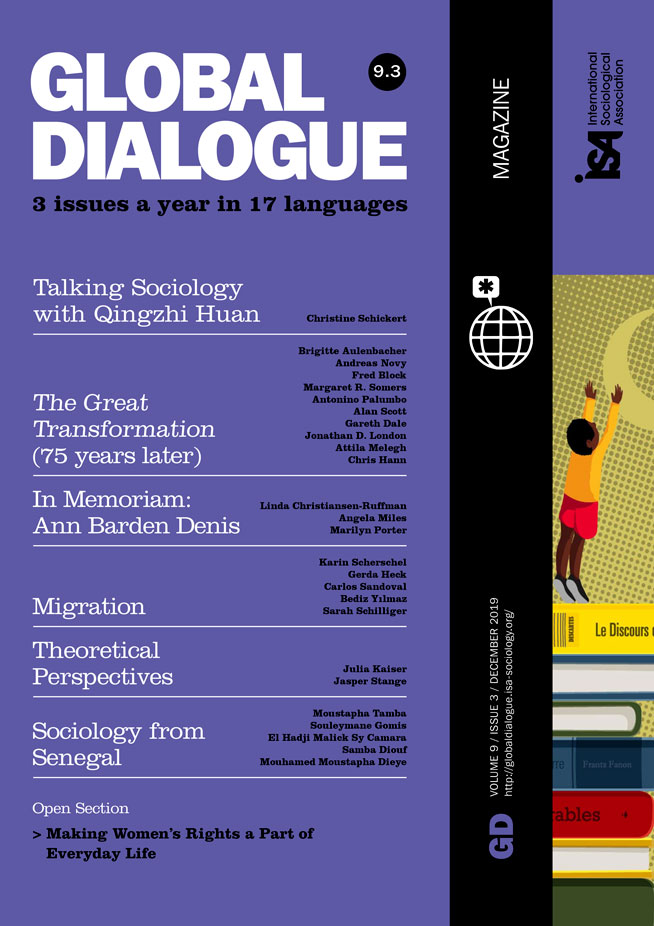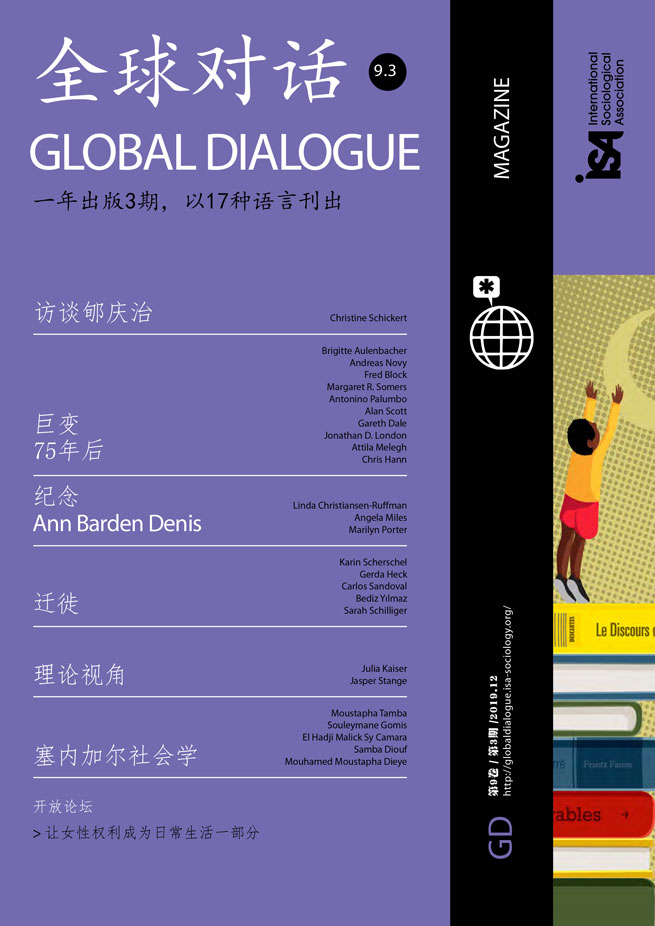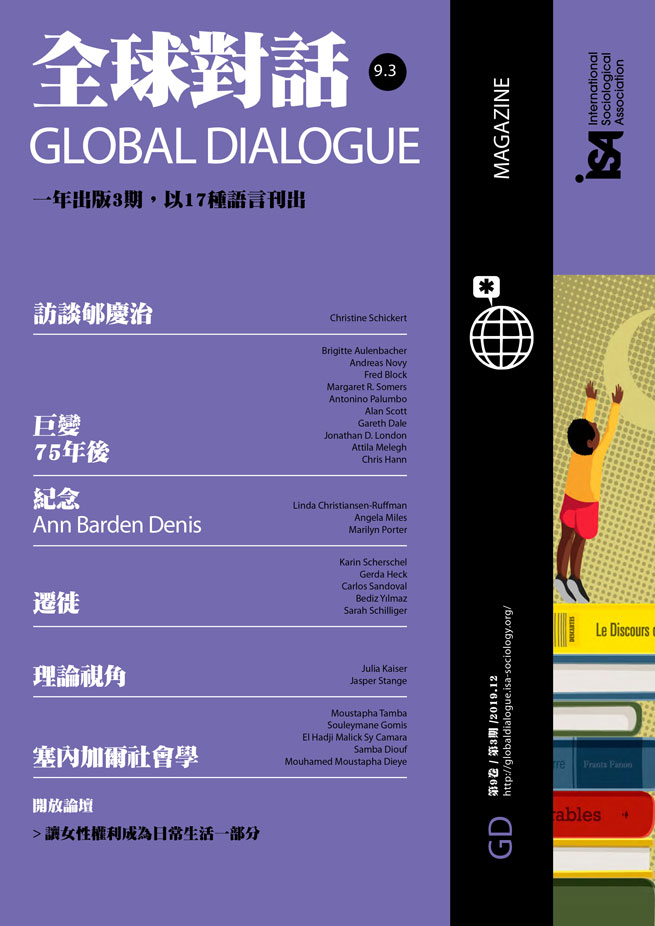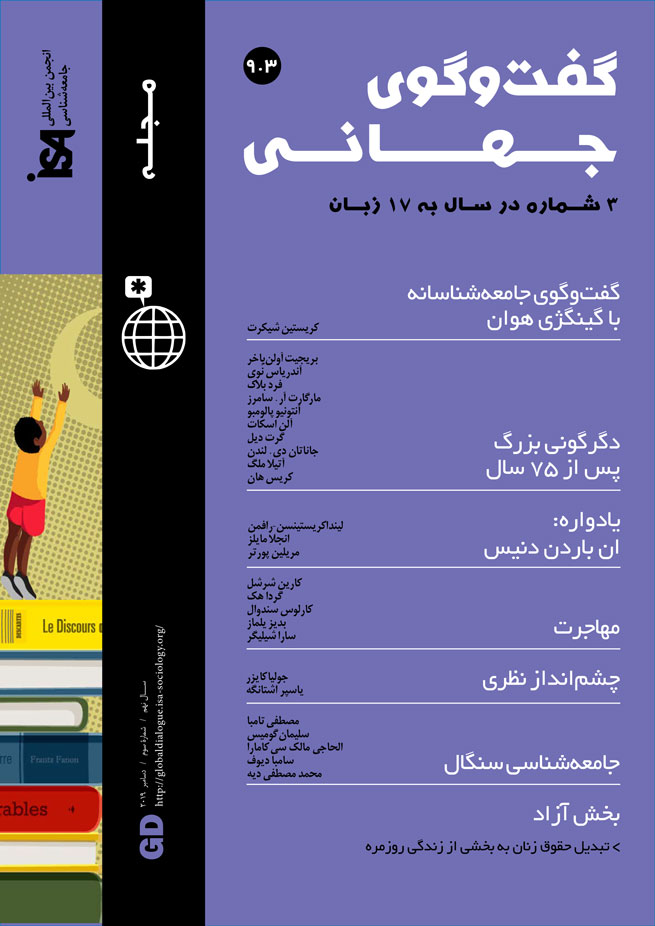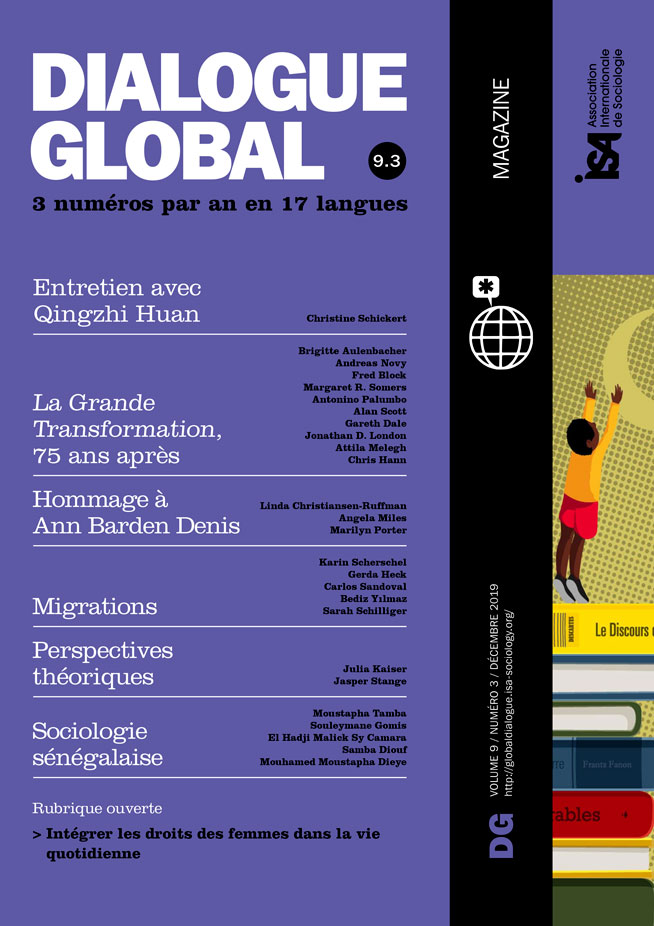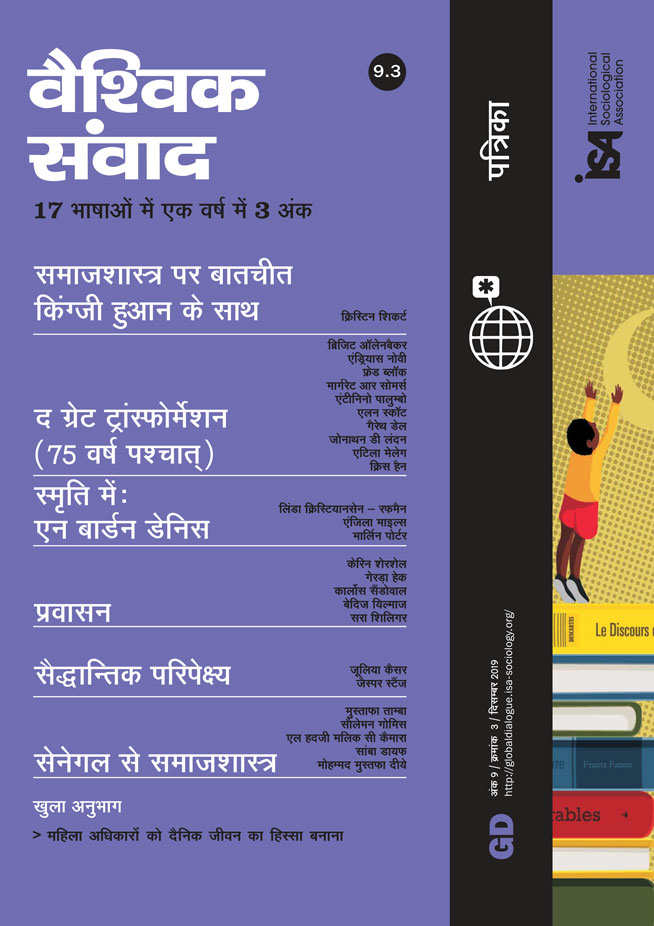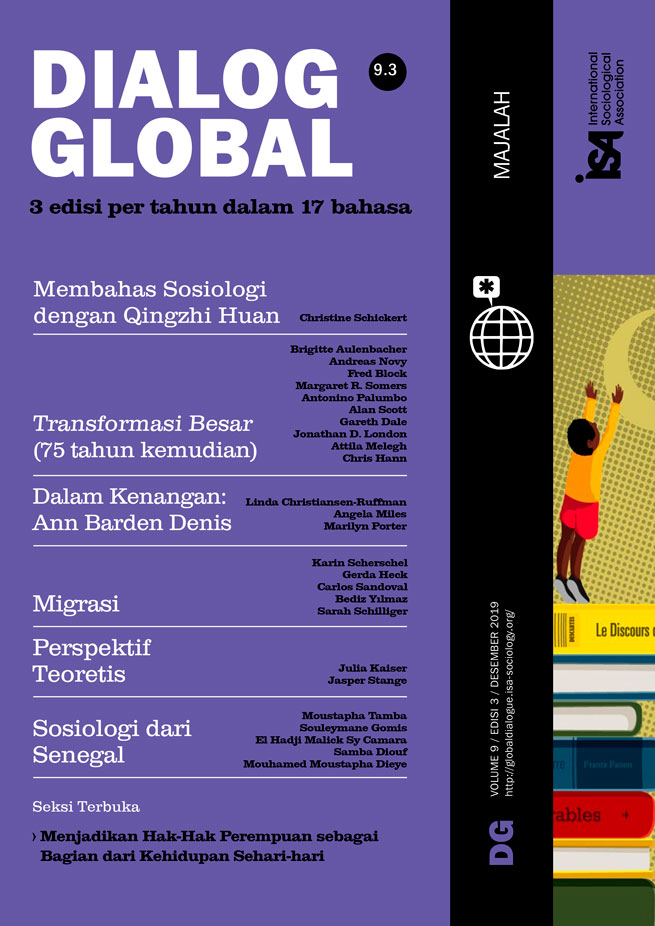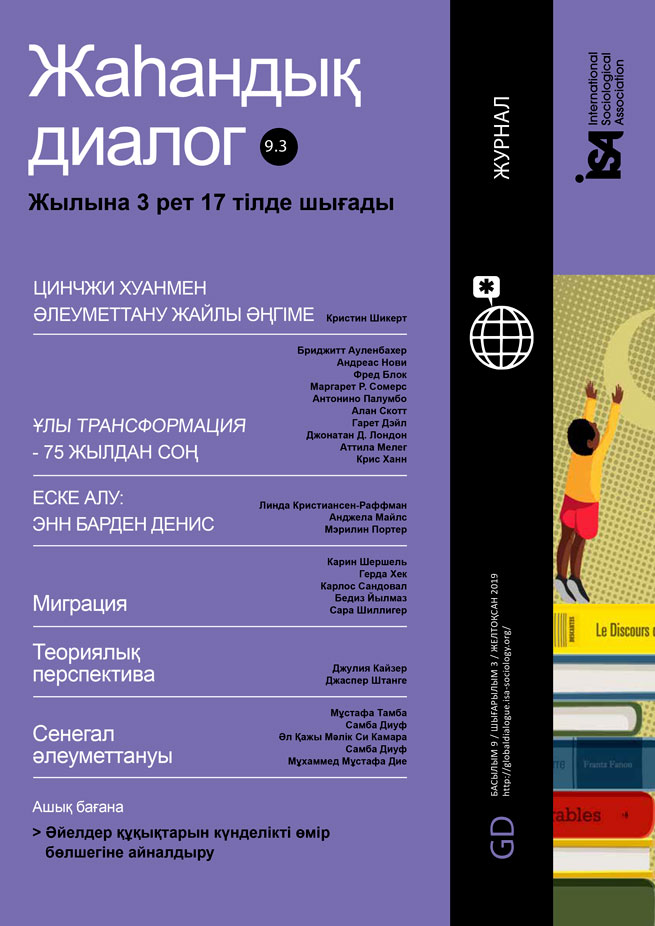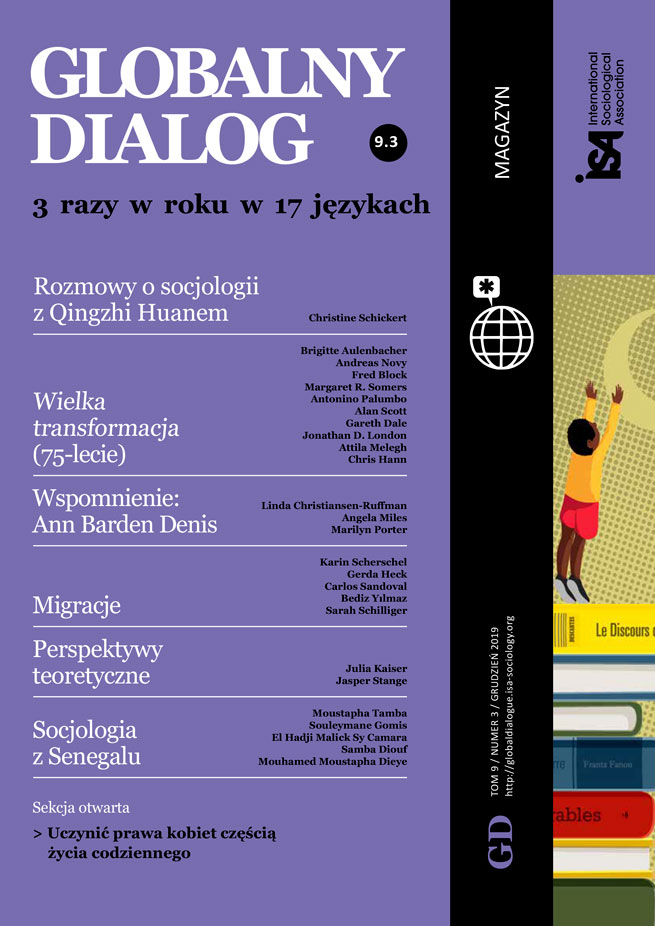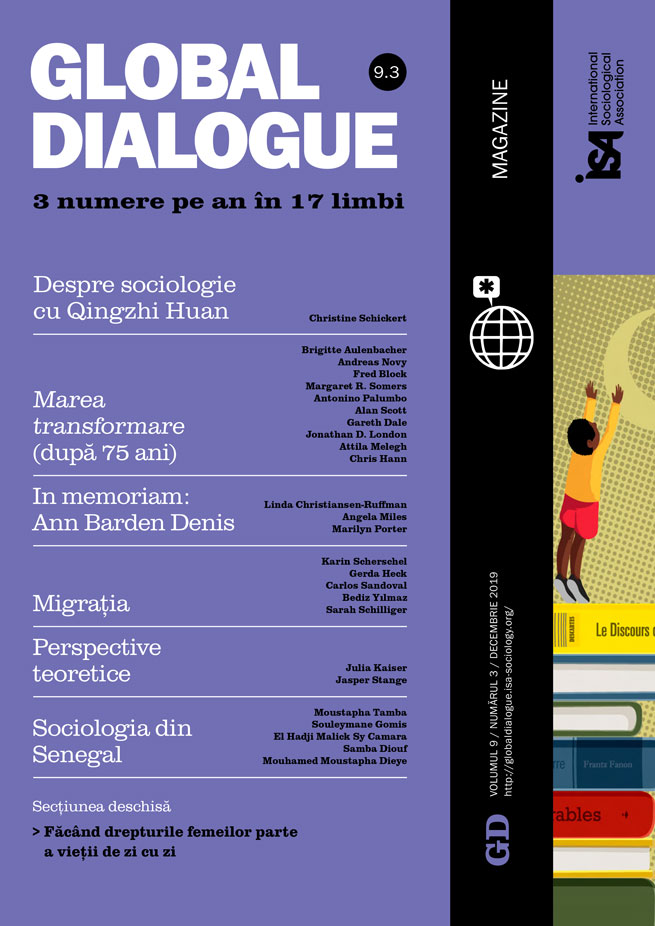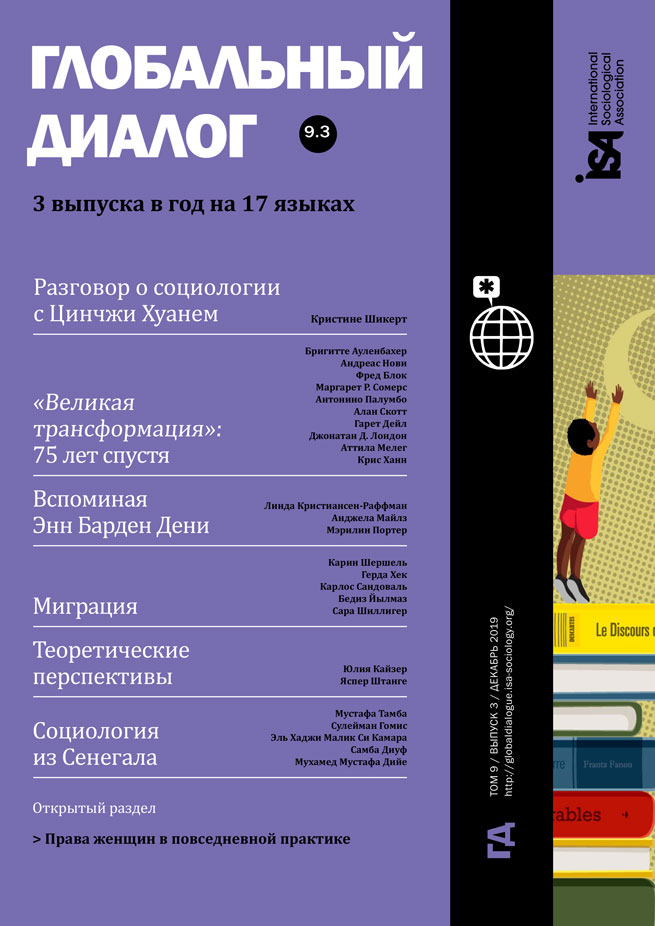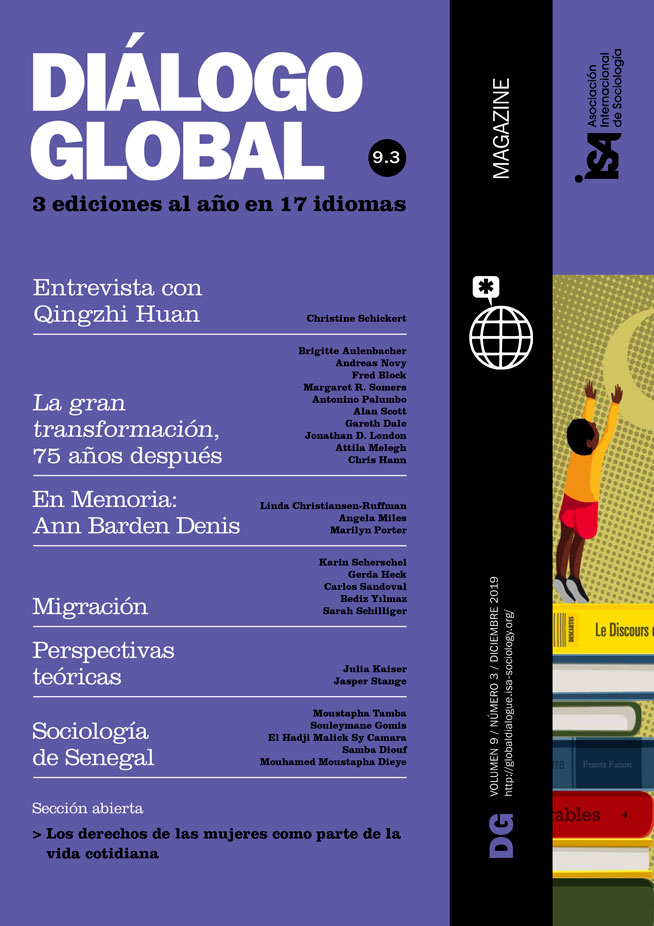Education systems in countries of the Global South bear the double mark of traditional structures and of the colonizer. The model exported from Europe was certainly not introduced on virgin territory in Africa. It has always been appropriated in a unique way, both by those who had the task of adapting it to specific contexts and by those who adopted it. While its translation on local ground involved a betrayal of some of its initial principles, it also involved the adjustment of others of its principles to this culture (Charlier, 2002). As a result, the seeming supremacy of the school model set up by the colonizer cannot delude us: by describing it as “Western,” “French,” “formal,” or “modern,” people signify that they both consider it as alien to them and are willing to respect it only insofar as it gives them access to the material goods associated with Western modernity. This form of conditional support has left room for traditional educational arrangements: Koranic schools have always remained active in Senegal, continuously adapting themselves to the new conditions brought by social change. The state school, rather than supplanting these older institutions of socialization, came as a complement to them, while introducing its own criteria for establishing hierarchies of people and knowledge[1].
Independence from colonial rule led Senegal to make explicit the nature and form of the relations it envisaged between the different bodies likely to be involved in the training of the younger generations. Thus the 1963 Constitution provides that: “The Republic is secular, democratic and social. [...] Everyone has the right to education [...]. Youth education is provided by public schools. Religious institutions and communities are also recognized as a means of education. [...] Private schools may operate with the authorization of and under the control of the state. [...] Religious institutions and communities [...] are free from state control.” The secular Republic of Senegal therefore removed from its supervision the religious institutions and communities that it recognized “as a means of education.” In other words, the supervision of education was only described as a distant goal, and gradually abandoned: in 1996, the decree implementing the law on the devolution of competences to regions, municipalities, and rural communities partially redistributed responsibility for education to sub-state levels. The 2001 Constitution then clarified the role of each body. The state “has the duty and responsibility to educate and train young people through public schools. All children [...] have the right to access school. [...] All national institutions, public or private, have a duty to make their members literate and to take part in the national literacy effort in one of the national languages.” While the state’s responsibility for education is strongly reaffirmed, the role of sub-state or private bodies is also strengthened.
Secular private schools
Private non-denominational education emerged in Senegal in the 1980s. Secular private schools have been created by individual promoters who are responsible for their administrative, financial, and pedagogical management. Unlike Catholic private schools, the operation of secular private schools is not overseen by any general management though they are attached, as are all private schools, to the General Directorate of Private Education, which is a division of the Ministry of National Education.
Since the 2000s, secular private schools have been a resounding success in terms of massification. Although they are more in demand than other schools, they are often confronted with disruptions that hinder their proper functioning. These may include late payment of teachers, salaries below the minimum wage, and non-payment of the rent on premises which leads some owners to close the school.
Parents’ perception of secular private education
It should be noted that the expansion of private schools and the number of children enrolled in this sector indicates that private education has gained an indisputable place in Dakar. The majority of parents interviewed claimed that the stability of the private sector was one of the main reasons why they opted to enroll their children in this sector. Such stability is reflected in the absence of strikes or walkouts organized by trade union movements, that is, of any of the disruptions that are plaguing today’s public education sector. One of our respondents stated that “violence and cases of youth crime observed in some public schools have led many parents to send their children to private schools.” Another respondent, a 38-year-old housewife, considered that “if a child does not succeed today in private education, it is because (s)he does not like to study. In the private sector, there are no strikes or lack of teachers, and parents invest a lot in their children’s education.” Interestingly, parents place greater emphasis on the stability of private schools in relation to public schools than on the quality of education they provide. In their view, school stability is a key factor of success and any child enrolled in a private school should succeed.
Public perception of secular private education shows that most parents opt for private schools for the sake of stability. These schools have gained a considerable place among populations for their good scores, but more importantly, for their stability.
[1] See Suzie Guth and Éric Lanoue (eds.) (2004), Écoles publiques, Écoles privées au “Sud”: usages pluriels, frontières incertaines, Cahiers de la recherche sur l’éducation et les savoirs, 3.
Samba Diouf, Cheikh Anta Diop University of Dakar, Senegal <bathie78@yahoo.fr>
